Articles Archive
See all articles and discover more interesting topics!
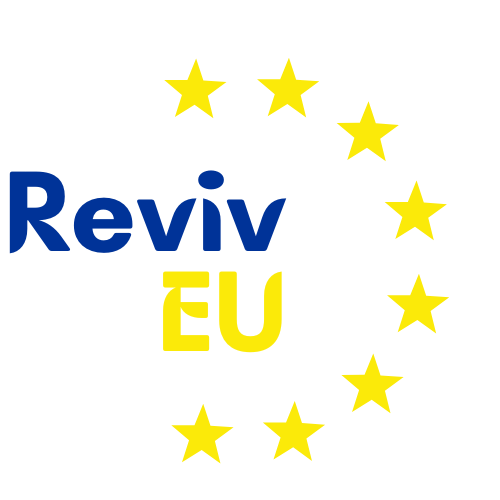
RevivEU
RevivEU project, carried out by four leading institutions in the V4 countries, looks at the needs, concerns and fears of the V4 citizens in four various EU-related topics. It does so through both quantitative and qualitative research of citizens´ attitudes towards climate change, migration, covid-19 and the rule of law. It also analyses the governmental policies in these four main areas and how the communication of these policies is framed in the public discourse.
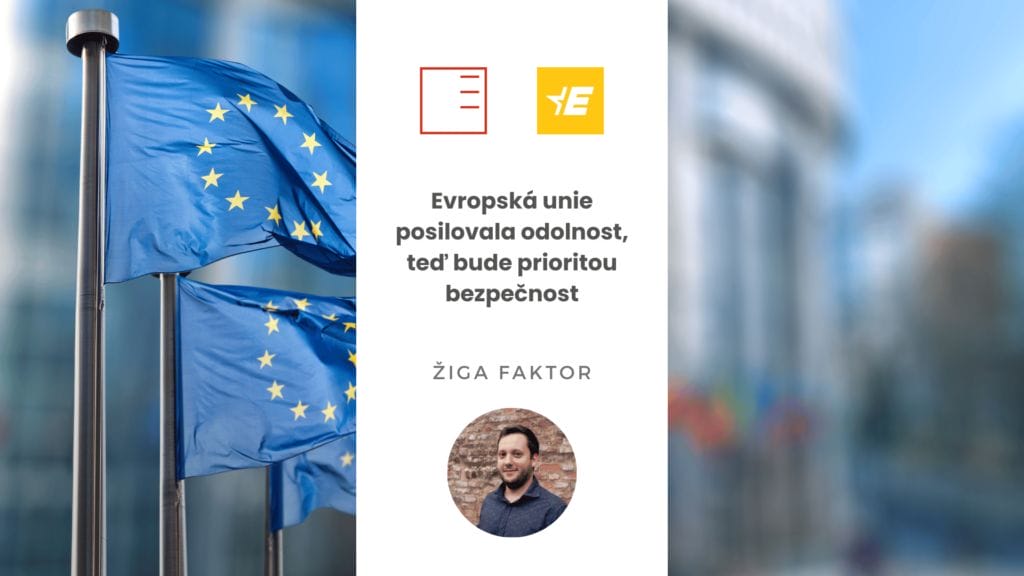
Euractiv.cz | EU strengthened resilience, now security will be a priority
This year the Czech Republic celebrates twenty years of membership in the European Union. In the meantime, the EU has gone through turbulent years associated with a series of crises - from economic to migration to pandemic and security. However, the wealth of the Czechs has increased by more than 40 percent over the years and the standard of living has reached 90 percent of the European average. This is according to data presented by the Office of the Government of the Czech Republic on the occasion of the anniversary, while Czech exports grew by more than 320 percent thanks to EU membership. Žiga Faktor, head of EUROPEUM Institute's Brussels office, comments on the other challenges the EU now faces.
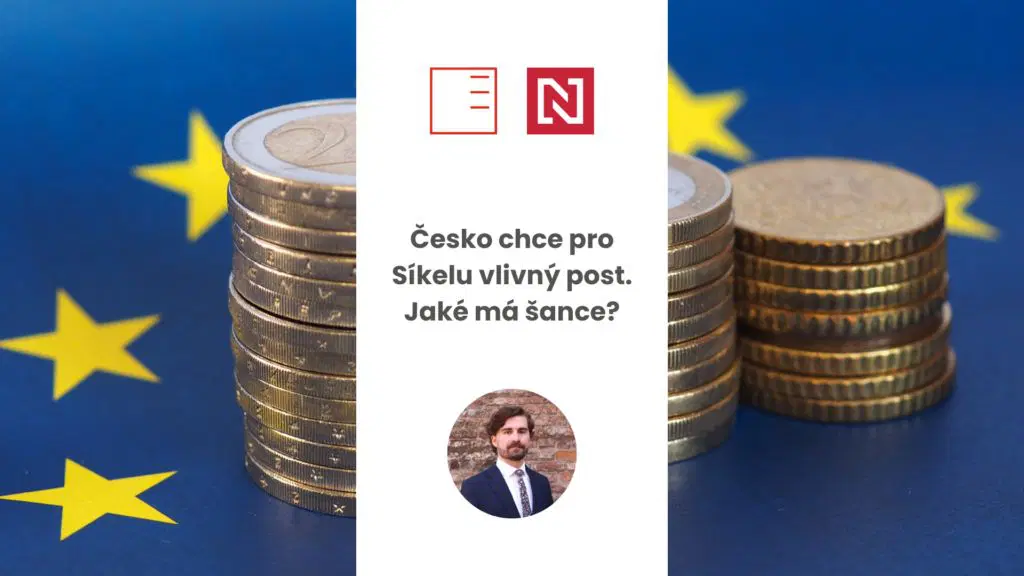
Deník N | Czech Republic wants an influential post for Síkela. What are his chances?
The government of Petr Fiala is sending Industry and Trade Minister Jozef Síkela to the race for an influential portfolio with the aim of filling one of the eco-oriented agendas. These are traditionally filled by representatives of large European countries, but even so, Síkela may not be without a chance. His professional background and the Czech Presidency of the Council of the EU will play in his favour. The Deputy Director of EUROPEUM Institute, Viktor Daněk, reflected for Deník N on whether it would not be more important to focus on an agenda where interesting legislative activity can be expected in the coming years.
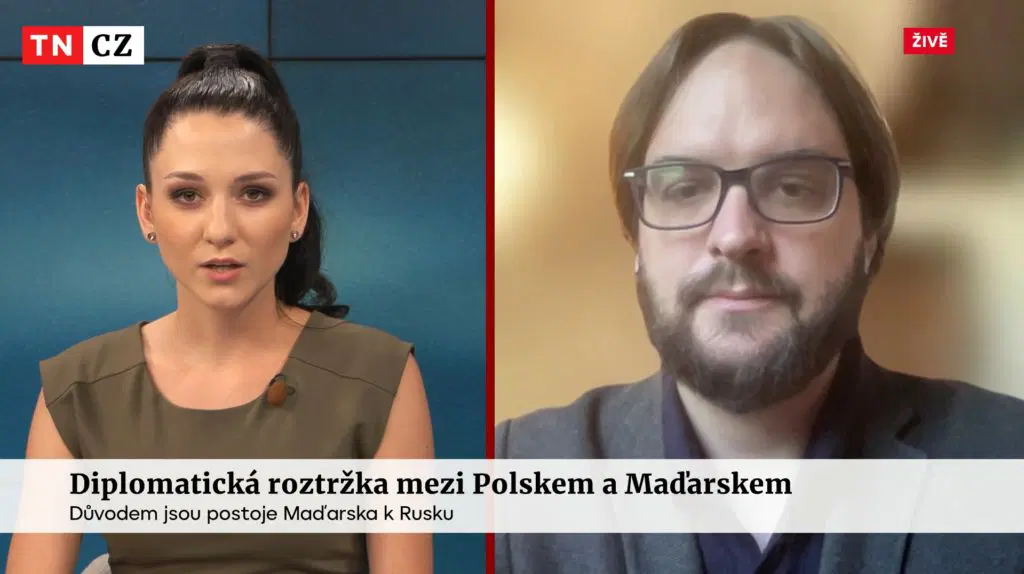
TN.cz | Rift between Hungary and Poland. Reason being Orbán's relationship with Putin
A diplomatic rift has erupted between Budapest and Warsaw over the different attitudes of the two countries towards Russia. First, Hungarian Prime Minister Viktor Orbán branded Poland as the country with the most hypocritical policy in Europe, while the Poles hit back by pointing out the close relations Orbán maintains with Russian President Putin. The media are also talking about the possible end of the V4 group. EUROPEUM Institute researcher Vít Havelka spoke more about the dispute in an interview with TN.cz.
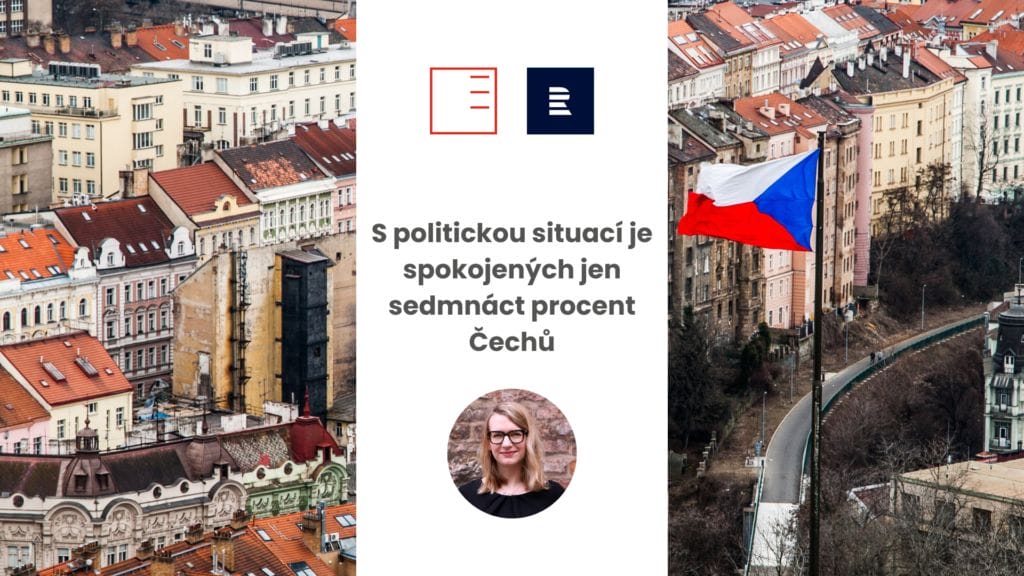
Czech Radio | Only seventeen percent of Czechs satisfied with Czech politics
A poll for Czech Television shows that only 17 percent of Czechs are content with their political representation. Public discontent has intensified due to recent austerity measures intended to address the public deficit, with significant concerns over inflation, increasing living costs, energy price policies, and the government's poor communication. Klára Votavová, an Associate Research Fellow at EUROPEUM Institute, spoke to Czech Radio about the roots of this distrust and how Fiala's government plans to respond ahead of the 2025 parliamentary elections.
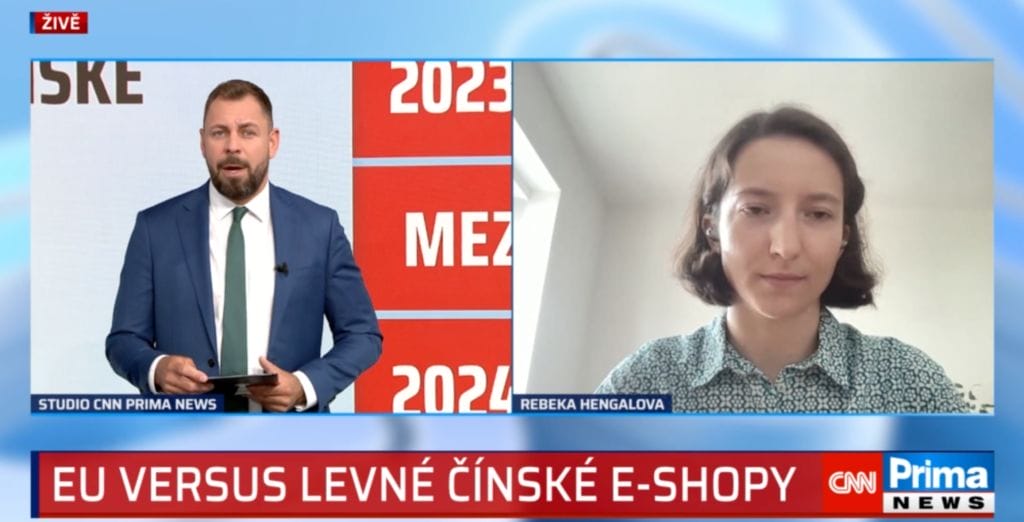
CNN Prima News | New EU tariff policy targets ultra-cheap Chinese e-shops
The European Commission plans to abolish the current exemption from customs duties on cheap goods from Chinese e-shops. Until now, a 150-euro limit has applied to parcels from outside the EU. The forthcoming amendment is part of a package that aims to simplify and digitalize EU customs policy. In an interview with CNN Prima News, EUROPEUM Institute researcher Rebecca Hengal spoke about the issue.
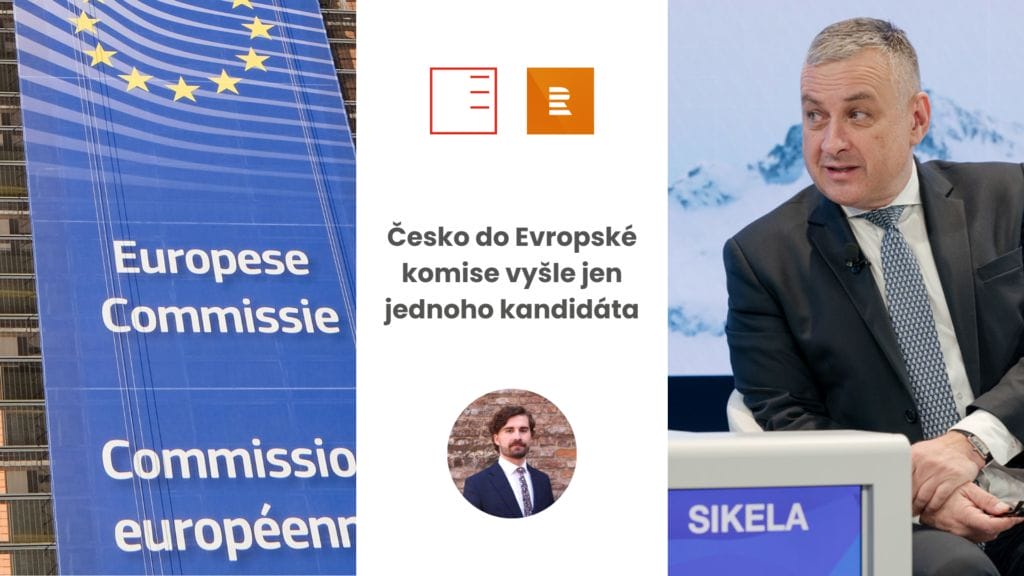
ČRo Plus | Czech Republic will send only one candidate to the European Commission
European Commission President Ursula von der Leyen has asked Member States to submit two names instead of one in their nominations for European Commissioners. Her aim is to have a balanced proportion of men and women in the new Commission. But as the request for two candidates is not supported by the treaties, if the Czech Republic offers only Jozef Sikel, there will be no direct consequences, though it may affect the distribution of the portfolios that lays in von der Leyen's hands. Viktor Daněk, Deputy Director of EUROPEUM Institute, commented for ČRo Plus.
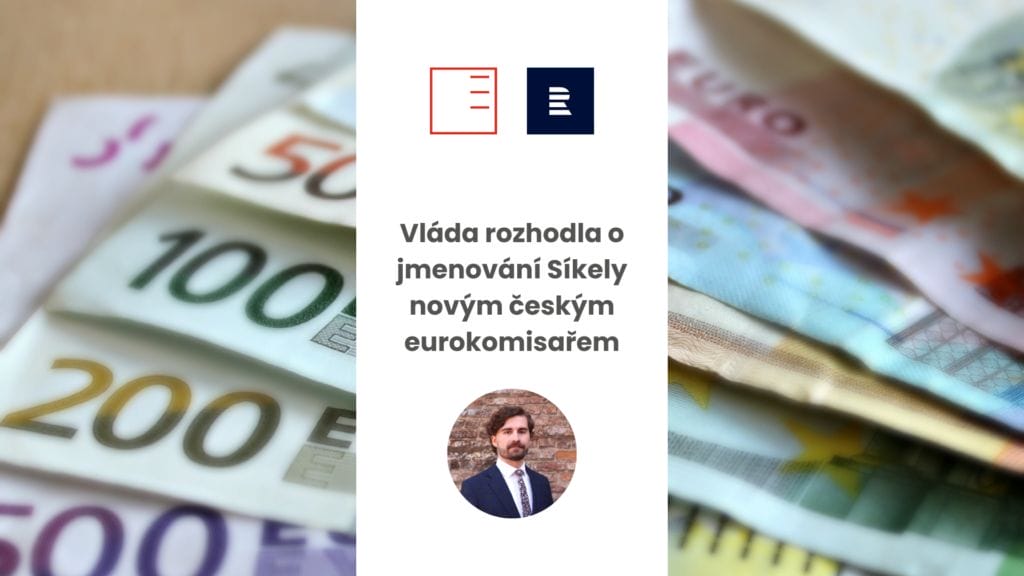
Czech Radio | Government agrees on Síkela as new Czech EU Commissioner
The Czech government has nominated its current Minister of Industry and Trade, Jozef Síkela, for the role of European Commissioner, aiming to secure an economic portfolio. In doing so, they are bypassing European Commission President Ursula von der Leyen's request to put forward both a male and a female candidate. Viktor Daněk, Deputy Director of EUROPEUM Institute, discussed the decision and its implications on Czech Radio.
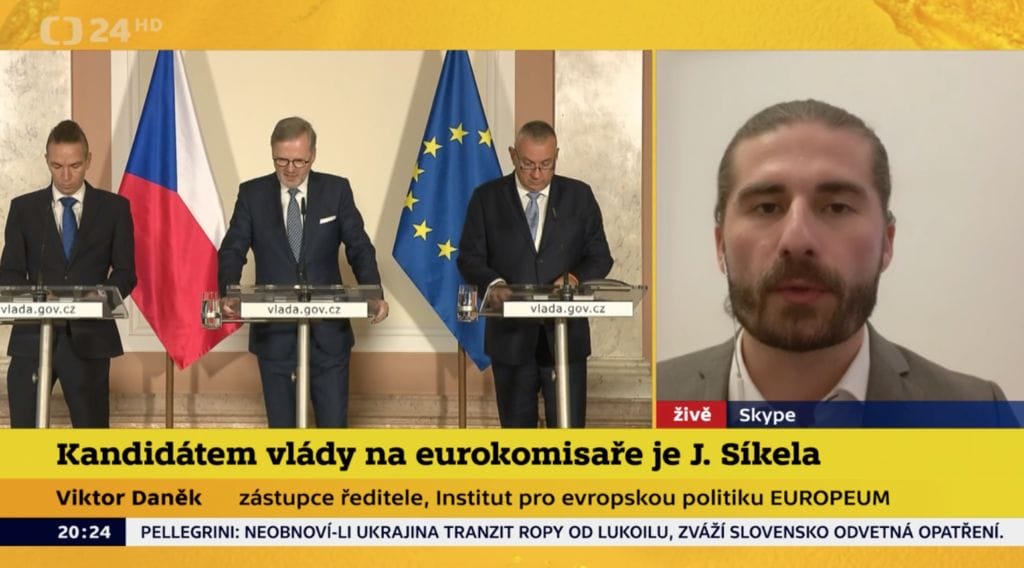
ČT24 | The Czech candidate for European Commissioner is Jozef Síkela
Jozef Síkela has been nominated by the Czech government for the position of European Commissioner. What was crucial for the decision? And why was Danuše Nerudová not nominated, even though Ursula von der Leyen requires both a female and male candidate? What is the timeline now? Viktor Daněk, Deputy Director of EUROPEUM Institute, answers these and other questions for ČT24.
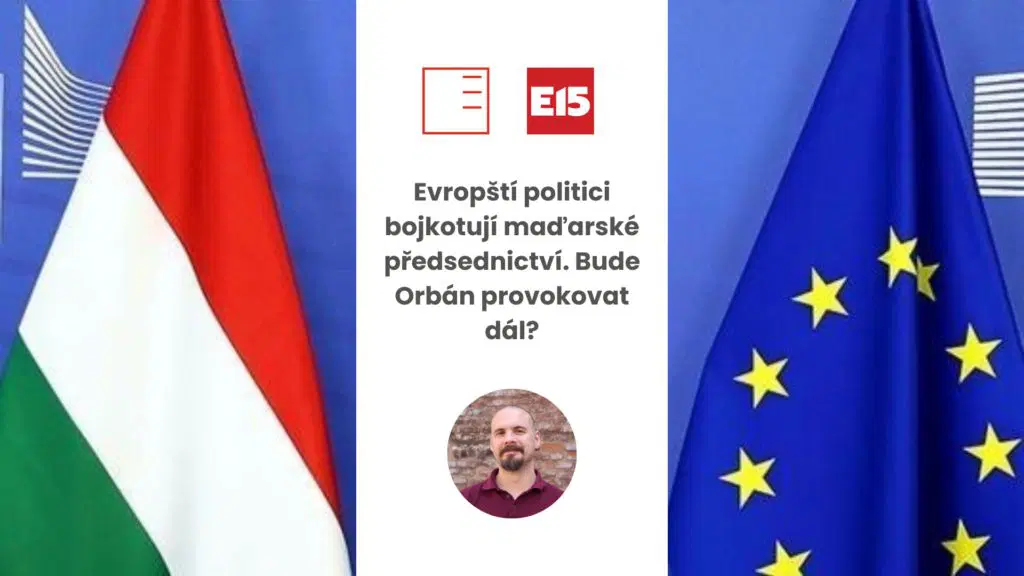
e15 | European politicians boycott Hungarian presidency. Will Orbán continue to provoke?
Hungarian Prime Minister Viktor Orbán took over the EU Council presidency less than a month ago, but he has already managed to provoke the EU institutions and most member states with his unauthorized "peace" mission to Russia and China. During this mission, he presented himself as a representative of the European Union, despite having no authority to do so. European politicians have responded to this situation with initial retaliatory measures. How will Viktor Orbán proceed? What strategies and tactics might the Hungarian Prime Minister use during his presidency? Oszkár Roginer-Hofmeister, a research fellow at EUROPEUM Institute, commented on this for e15.
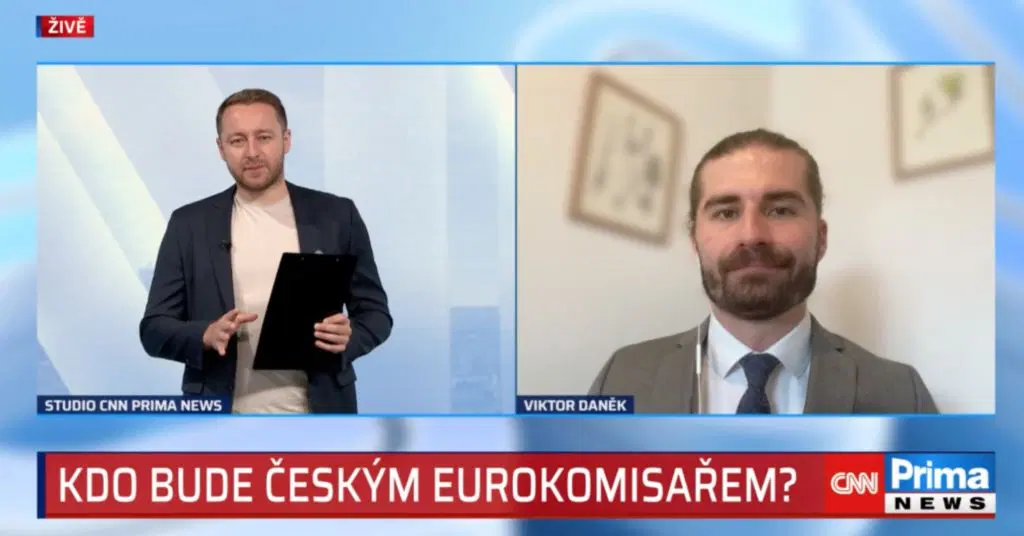
CNN Prima News | Who will be the next Czech EU Commissioner?
Is Jozef Síkela still the favorite for the post of the Czech EU Commissioner? Which portfolio would be most desirable for the Czech Republic? How likely is it that a defense commissioner position will be created? Viktor Daněk, Deputy Director of EUROPEUM Institute, comments for CNN Prima News.
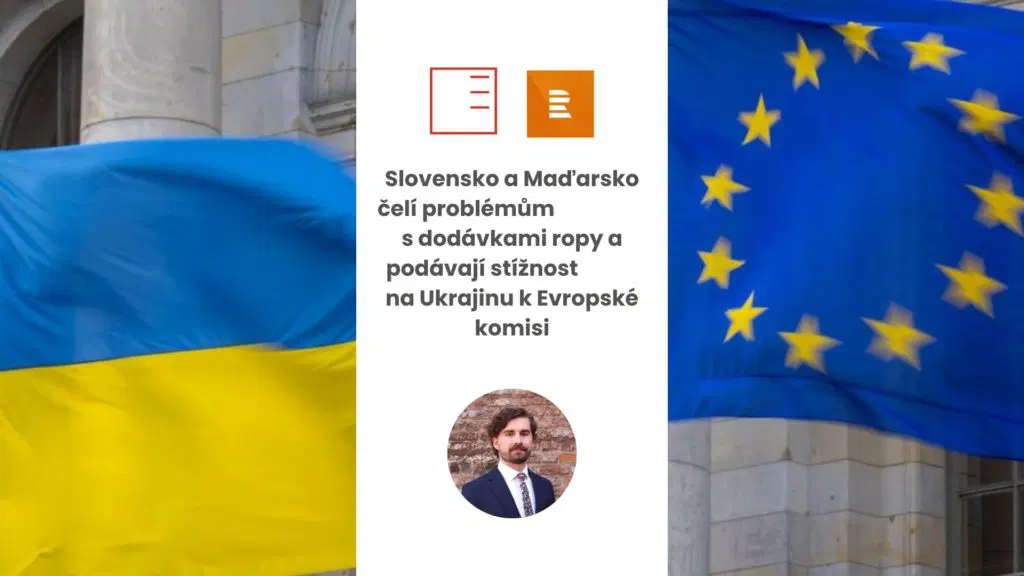
ČRo Plus | Slovakia and Hungary face oil supply issues and file a complaint against Ukraine with the European Commission
Russian oil from Lukoil still isn’t flowing through Ukraine to Slovakia and Hungary. In June, Ukraine unilaterally decided to ban the transit of Lukoil oil through its territory, as the company was added to its sanctions list. Slovakia and Hungary have turned to the European Commission for help in resolving the issue. What can the EU do about this situation? What role does the Association Agreement with Ukraine play in resolving this dispute? Viktor Daněk, Deputy Director of EUROPEUM Institute, comments on the situation.